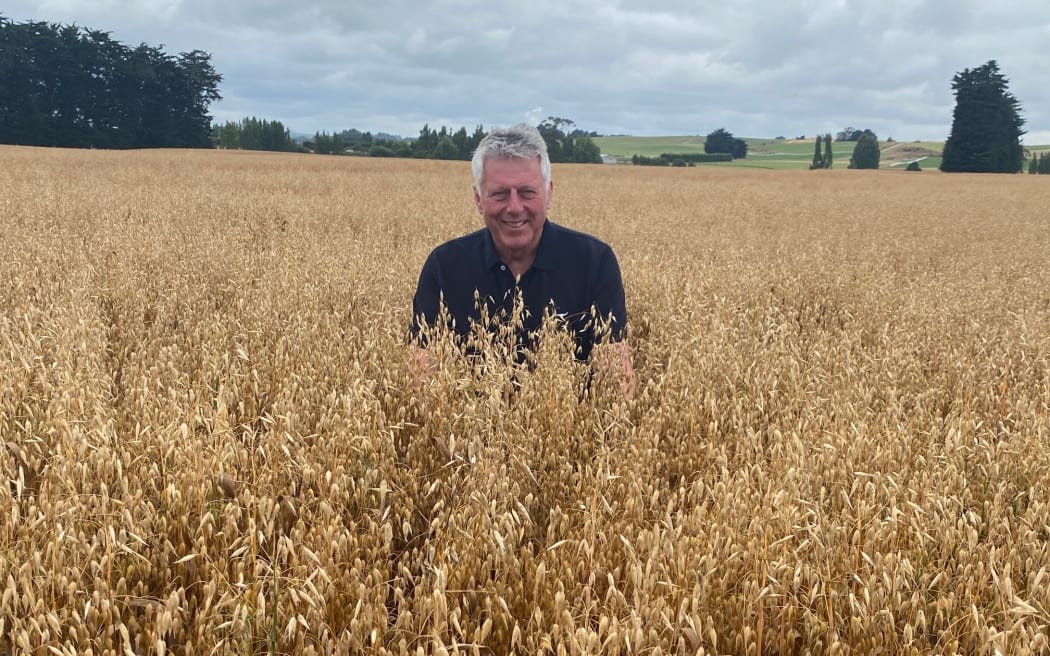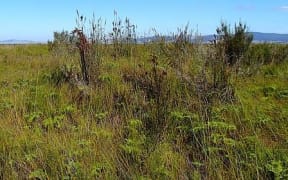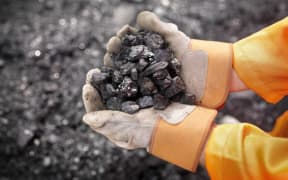
Photo: Supplied
A Scottish agronomist believes New Zealand farmers should be earning credits for soil carbon sequestration - while the government envisions a new-and-improved Emissions Trading Scheme (ETS).
Improving soil health, so it sequesters and stores carbon into the land instead of the atmosphere, is not currently a way farmers can currently earn credits under the ETS - but that could change.
A Ministry for the Environment spokesperson said the new government was considering advice on methods beyond forestry which could contribute to carbon sequestration.
They said the government was particularly interested in on-farm sequestration, wetlands and blue carbon - and it was possible soil carbon sequestration could be considered.
Oat grower Gordon Rennie of Fife in Scotland is in New Zealand for an oat industry field day in Southland.
He said he was surprised New Zealand farmers could not earn credits for improving soil carbon sequestration - like they can in the United Kingdom.
"The most important way farmers around the world can reach net zero is to appreciate that soils can sequestrate globally billions of tonnes of carbon," Rennie said.
"In New Zealand, the easy route is to plant trees, but when you plant trees you might be taking good farmland out of production. So what we believe is that grass is just as good as sequestrating carbon as trees - if we manage the grassline correctly."
Rennie is an advisor for the Soil Association of Scotland and also held a Guinness World Record for barley production for 26 years - until South Canterbury arable growers the Darling family took out the title in 2015.
Rennie said all farmers should consider measuring soil carbon, then work to reduce it by increasing the organic matter of the soil - which could be done by adding herbal mixes, more clover or diverse plants, and reduce ploughing and the use of nitrogen.
"One of the first simple things a farmer can do if you want healthy soil - is to measure the soil pH - and make sure that pH is above six, because beautiful earthworms - and New Zealand has masses of earthworms, they do not thrive in acidic oils.
"That's more nutrient efficiency and that's a simple start to this journey."
He gave the example of a livestock farm in Scotland which had a suckler herd of 130 across 800 acres of arable and grassland - which was able to completely off-set its carbon dioxide which the cattle produced by improving the soil health.
"His livestock were emitting 900 tonnes of carbon dioxide per annum, but the increase in soil organic matter saw soil carbon offset that by 900 tonnes," he said.
"So that was a farm with 130 calves, already at net zero.
"And I think all these fantastic farmers in New Zealand - the best livestock farmers in the world down here. - if we start to measure the soil carbon and start to slightly adjust the management to increase soil organic matter carbon then I think there's going to be huge benefit to soil health and also put a few dollars in the pockets of hard-working farmers."
Rennie said farmers should be recognised for regenerative farming efforts - and agriculture companies will start demanding compliance.
"Down the tracks, the Fonterras and oat mills, they're also committed to net zero. And scope 3 emissions means that they'll have to go right back to the farmer to reach that net zero, and we think farmers should be rewarded for being part of that journey."
Dairy co-operative Fonterra announced in November it was aiming for a 30 percent intensity reduction in on-farm emissions by 2030 off a 2018 baseline - as 86 percent of its emissions come from on-farm.




